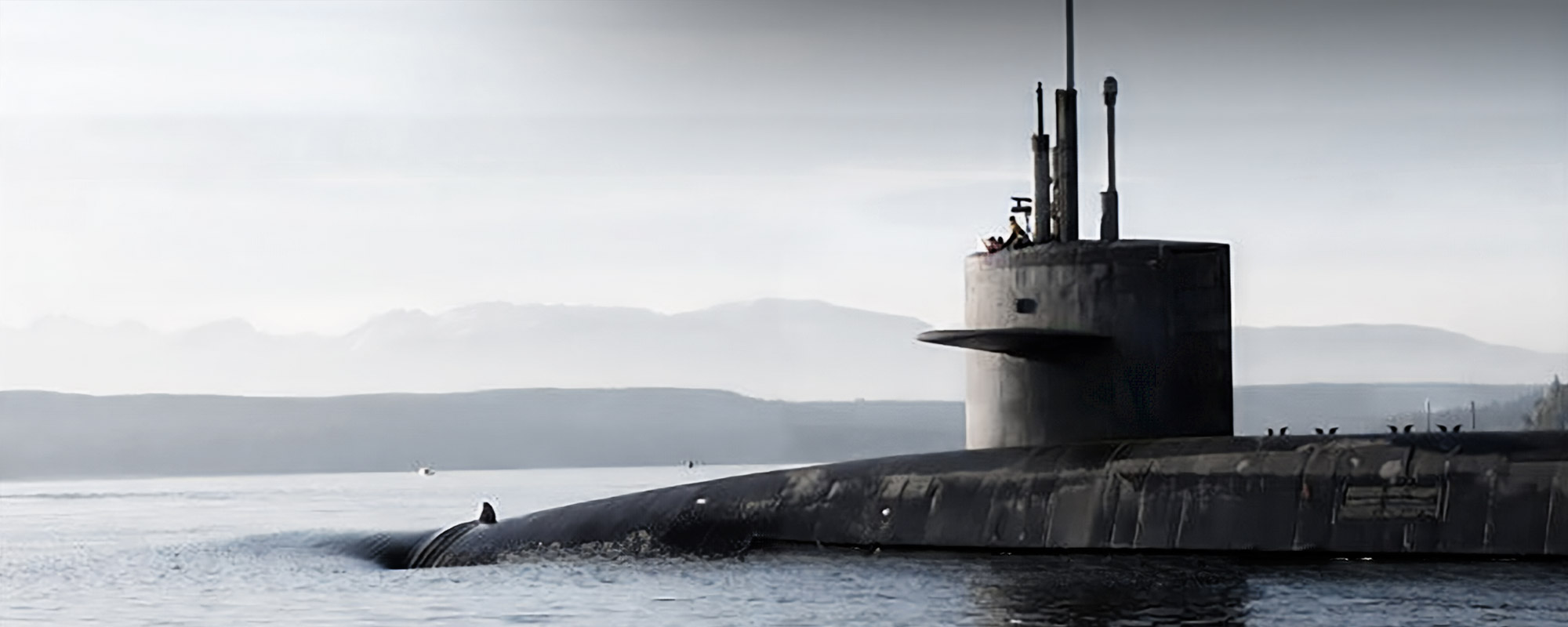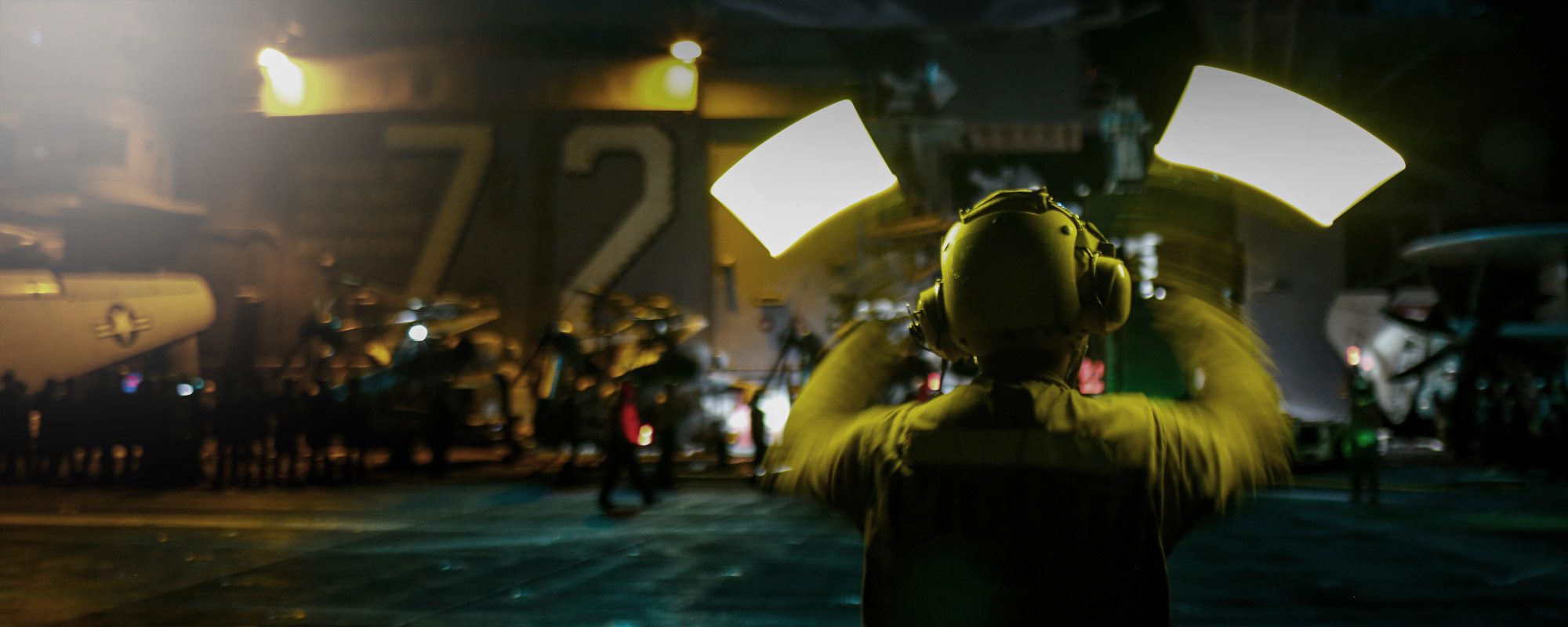Navigating Change and Nuclear Policy Challenges
As the U.S. navigates unprecedented strategic challenges, bipartisan consensus on nuclear policy is more vital than ever. In this new post, SPA Fellow Tom Troyano reflects on lessons from navigating seven presidential transitions and shares insights from the Strategic Posture Commission report. The takeaway: the current nuclear modernization path, while essential, may no longer be enough. From ret
From Overconfidence to Realism: Overcoming Bias in Early Cost Forecasting
Navigating the complex landscape of program cost estimation requires confronting hidden biases that threaten budgets, timelines, and ultimately mission success. Accurate cost estimating is critical for defense programs aiming to deliver on time, within budget, and with the capabilities needed for today’s warfighter. Yet, cost estimation—especially early in the acquisition process—is often un
Fostering the Next Generation of Nuclear Analysts: SPA’s Nuclear Analyst Community of Interest
Ensuring the credibility and effectiveness of the U.S. nuclear deterrent requires not only technical expertise and strategic foresight but also a commitment to developing the next generation of nuclear analysts. At Systems Planning and Analysis (SPA), this responsibility is embodied in the Nuclear Analyst Community of Interest (COI), founded and led by Tom Troyano, SPA’s Fellow for Nuclear Moder
Shaping the Future of Force Design and Structure in an Era of Rapid Technological Change
In an age where technology evolves at a breakneck pace, military strategies must adapt to maintain relevance and effectiveness. The Marine Corps’ Force Design 2030 (FD2030) initiative represents a bold step forward—not just in acquiring cutting-edge technologies but in creating an integrated, systems-oriented approach to warfare.






